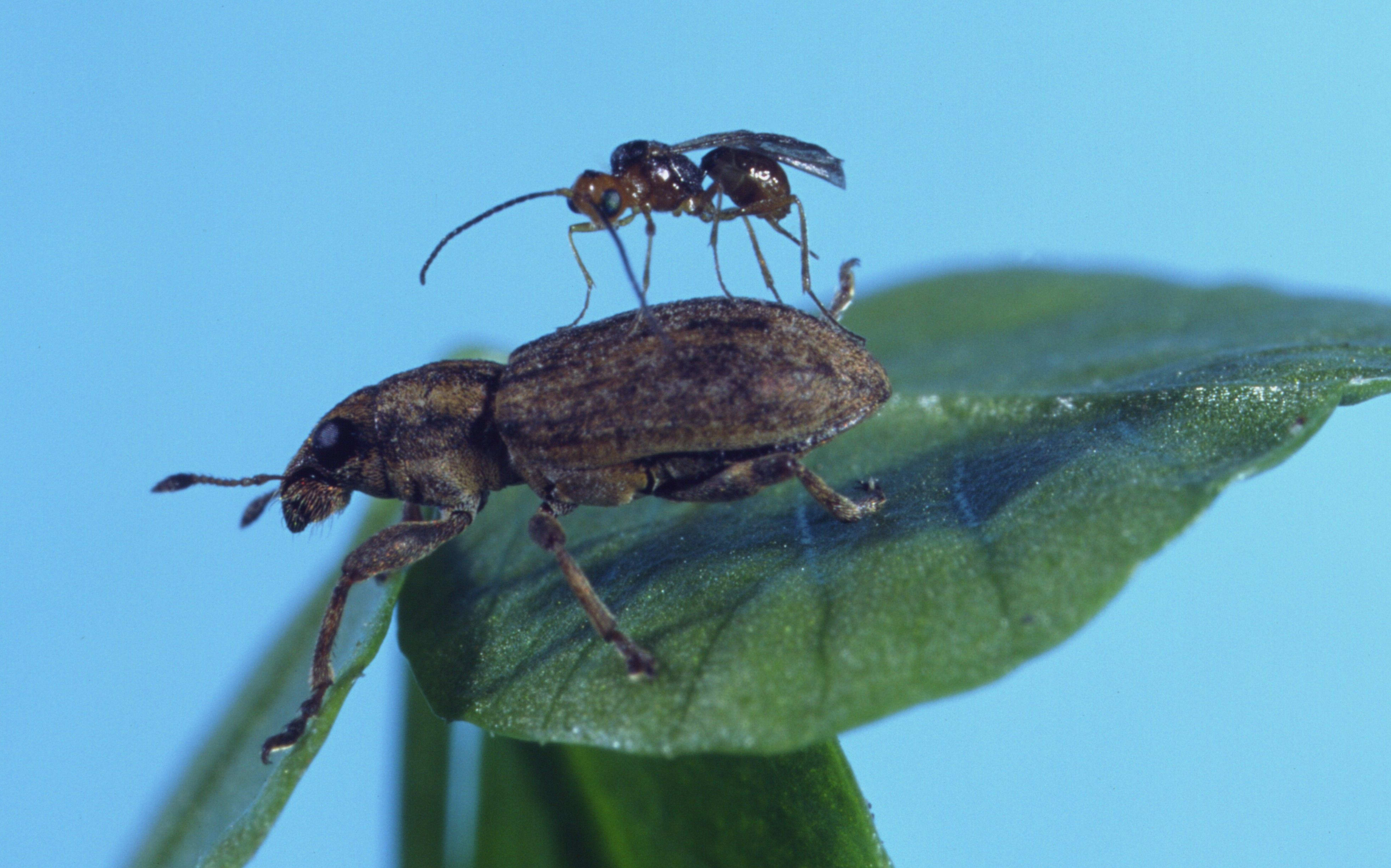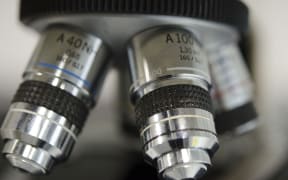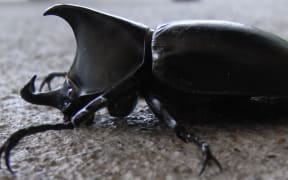The Crown Research Institute, AgResearch, has hailed an introduced wasp species for saving New Zealand almost half a billion dollars.

The Irish wasp has helped to bring the number of clover-destroying weevil down. Photo: AgResearch
The Irish wasp was first brought into the country in 2006 as an experimental measure to try and control the clover root weevil - a pest with the potential to cause significant damage to farm pastures.
The wasp was then spread around the country by AgResearch, and wasps were provided to farmers.
In the 10 years since, AgResearch estimates the total benefit of the biological control programme to be just under $500 million, through reduced production losses and reduced fertiliser use.
The wasp injects its eggs into the adult root weevil, and the resulting grubs inside the weevil render it infertile. Once fully grown, the grub kills the weevil as it eats its way out. One wasp can kill about 85 clover root weevils.
AgResearch scientist Colin Ferguson said the weevil was first discovered in New Zealand in the mid-1990s.
He said it was difficult to control with conventional insecticides.
"It was quite clear very early on to us anyway that biological control was the best way to go, so we had to find an organism that was safe enough to bring into the country and was going to do a good job, and the wee Irish wasp was the one that came up trumps for us."
Mr Ferguson said farmers were worried about the potential impact of the weevil.
"When the weevil itself was going through the North Island in its outbreak phase, farmers didn't really know how they were going to carry on farming and their backs were to the wall and it was a real struggle for them. We've had the same thing down here in the South Island, particularly in Otago and Southland over the last four or five years as the weevil's spread through here," he said.
"It just takes the clover right out of the pastures and that means that our pastures become nitrogen deficient, farmers have to apply bagged nitrogen to make the grass grow, that can cost them a couple of hundred dollars per hectare - that is a huge impact on the bottom line.
"When this thing was invading and exploding, it was taking a lot of people by surprise, so they would come out of winter thinking things were pretty good and suddenly they would have no clover in their pasture, no growth, nothing to fatten their lambs on, so it was a major issue for them."
AgResearch said they had found that the wasp reduced weevil populations by around 90 percent in monitored areas where the wasp was well established.




